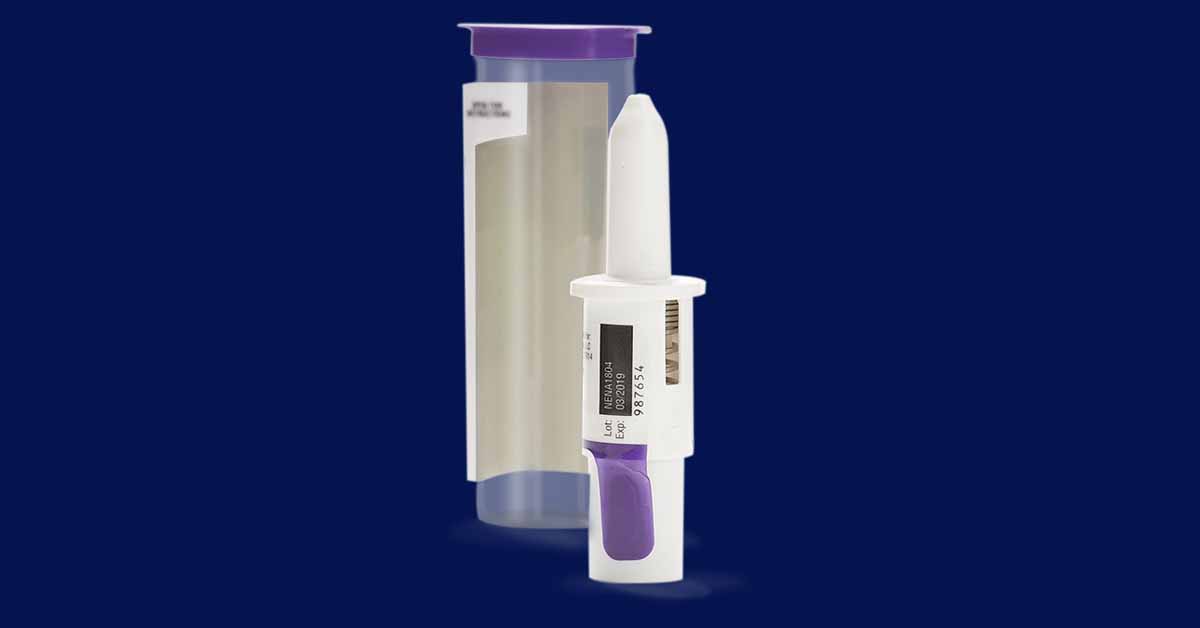Bryn Pharma, the company hoping to introduce emergency epinephrine delivery via nasal spray, today issued a press release citing three pre-clinical studies with positive outcomes. Intranasal delivery of epinephrine would eliminate the needle and by doing so remove a potential psychological barrier to prompt administration in an emergency.
All three studies looked at the nasal delivery of epinephrine in dogs.
The first demonstrated that epinephrine administered nasally led to faster epinephrine absorption in the context of histamine-induced nasal congestion than in a control group without congestion. Because the release of histamine during an anaphylactic event often leads to congestion, the findings from this study are significant as they demonstrated that nasal congestion actually enhances the absorption of intranasal epinephrine.
[Link to journal publication]
The second demonstrated that intranasal administration of epinephrine induced a rapid increase in plasma epinephrine concentration when compared with intramuscular epinephrine administered via an auto-injector. Intranasal epinephrine showed reductions of increased heart rate over time, which were sustained after intramuscular epinephrine over the course of 90 minutes. There were no differences in safety measures after intranasal and intramuscular epinephrine. In the publication, the authors concluded that intranasal epinephrine demonstrated advantages over intramuscular epinephrine, including the rapid increase in plasma epinephrine and lack of increased heart rate over time.
[Link to journal publication]
The third demonstrated that intranasal administration of epinephrine did not result in detection of epinephrine in the cerebral spinal fluid despite the increase in plasma levels at the same time point, indicating that intranasal administration of epinephrine did not result in epinephrine crossing the blood brain barrier. The authors concluded that “the use of epinephrine [via intranasal administration] has potential to become the new standard of care in the treatment of severe allergy and anaphylaxis, which would contribute to the alleviation of patient or caregiver concerns with autoinjector use.”
[Link to journal publication]






